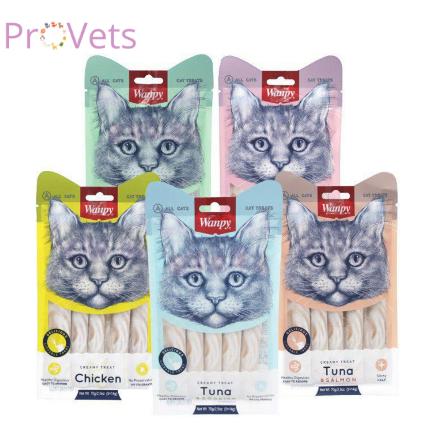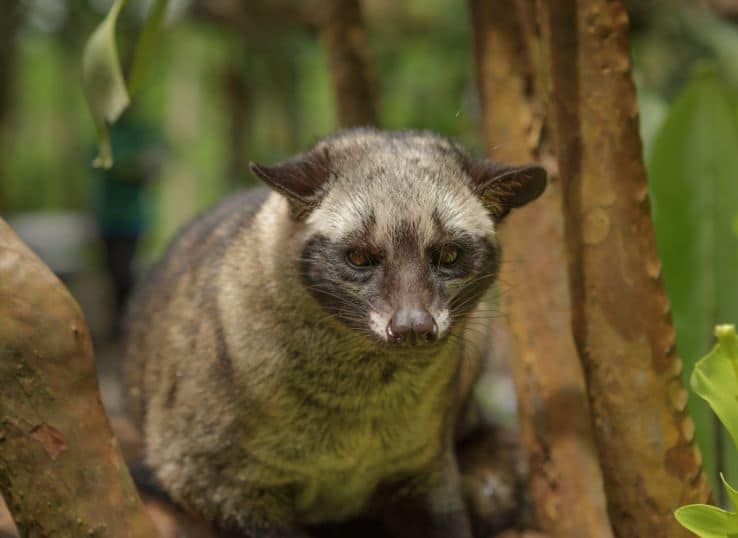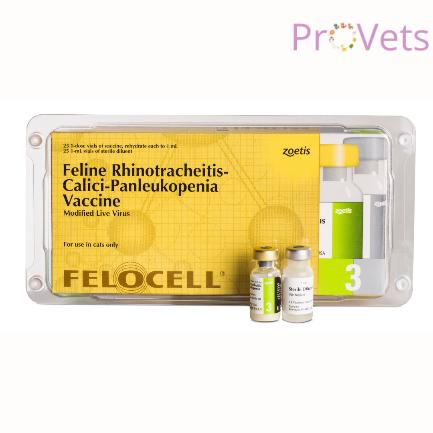The lifespan of Cat in Pakistan
Last Updated on December 3, 2022 by Dr. Ali Shahid

When compared to their small size, cats can live for incredibly long periods. It is generally true that smaller mammals live shorter lives, but cats live longer lives.
As an example, cats may be smaller than most dogs, but they tend to live longer than most dogs. The average lifespan of a cat in Pakistan is between 13 and 14 years.
There are a variety of factors that can influence the lifespan of a cat, including diet, healthcare, and environment.
It has been found that neutered cats live longer, largely because the procedure prevents reproductive diseases and because they are likely to roam less.
A well-treated cat may live to at least 15 years of age, and some reach the age of 18 to 20. Some extraordinarily healthy cats live up to 25 to 30 years.
LIFESPANS OF POPULAR Cat BREEDS in Pakistan
LIFESPANS OF POPULAR Cat BREEDS in Pakistan Is there a cat you’d like to add to your family? Listed below are some of the most popular cat breeds in Pakistan along with their average lifespans:
- Persian: 10-17 years
- Savannah: 12-20 years
- Siamese: 12-20 years
- Bengal: 14-16 years
- Ragdoll: 15-18 years
- Sphynx: 10-15 years
- Burmese: 16-18 years
- Munchkin: 12-15 years
- Maine Coon: 10-13 years
- Russian Blue: 15-20 years
- American Shorthair: 15-20 years
Six simple steps to increase the lifespan of your cat
- Spay or neuter your pets
A neutered cat tends to live longer because it is prevented from contracting diseases through mating. Having a cat that rarely roams far from home means there is less chance of road accidents and catfights.
- Medical Care Routine
Despite their discomfort, cats don’t complain. Likely, you will not even notice any problems with your pet until they have developed to the point that it may be too late to treat them.
That is why routine care is so crucial to your pet’s health. A vet can also conduct annual tests to ensure that your cat does not have any medical issues in addition to vaccines and other preventative measures.
Early detection often leads to the successful treatment of these conditions.
- Healthy diet
It is important to provide your cat with complete cat food appropriate to its age if you want it to live a long and healthy life. Too many cat treats can cause them to gain weight because they are high in calories.
We must feed cats food that reflects their obligate carnivorous nature since cats eat meat primarily. Several studies have been conducted to determine the dietary needs of a house cat, so cat owners have many options to choose from.
All foods, however, do not equal one another. Adult cats cannot digest carbohydrates or lactose, so we do not recommend their inclusion in their diets. It is even possible for carbohydrates to decrease the amount of protein that a cat digests, which makes them harmful.
Cats, on the other hand, rely heavily on proteins. They have a different digestive system than dogs, so they require more protein. Cats should consume at least 5.5 grams of protein per kilogram per day.
- Vaccination
Be sure to keep all your cat’s vaccinations up to date to prevent any harmful diseases that can shorten their lives.
- Exercise
Is there a way to get an indoor cat to exercise since some cats are notoriously lazy? Getting your cat involved in your activities can help.
The red dot on a laser pointer entices most cats, so make sure you let your cat chase it each day. Besides interactive toys, you can also get your cat moving with toys such as battery-powered rolling toys or wands with feathers.
Consider investing in a treadmill or cat wheel if you are committed to your cat’s health. Just make sure you supervise the usage of these items.
- Keep them indoors at night
The chances of your cat getting into a traffic accident or fighting with another cat are higher at night, so keep them inside.

Dr. Ali Shahid is a veterinarian by profession and CEO at provets. He loves to treat animals and has great expertise in veterinary products. Our aim is to provide the best information related to your animal health.






